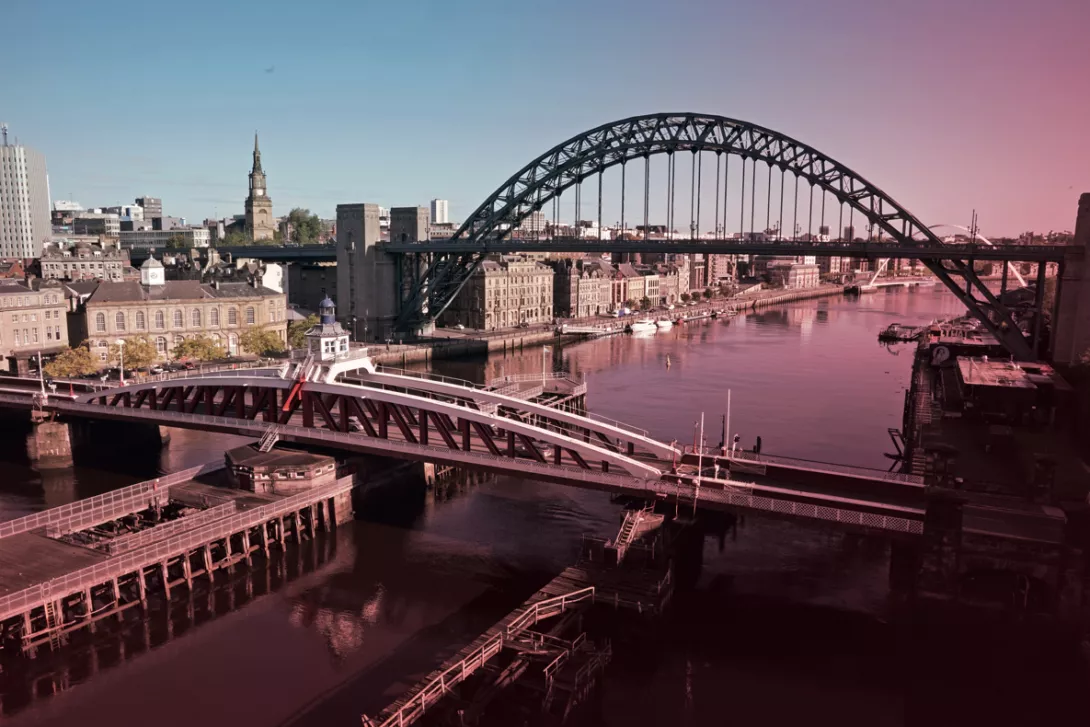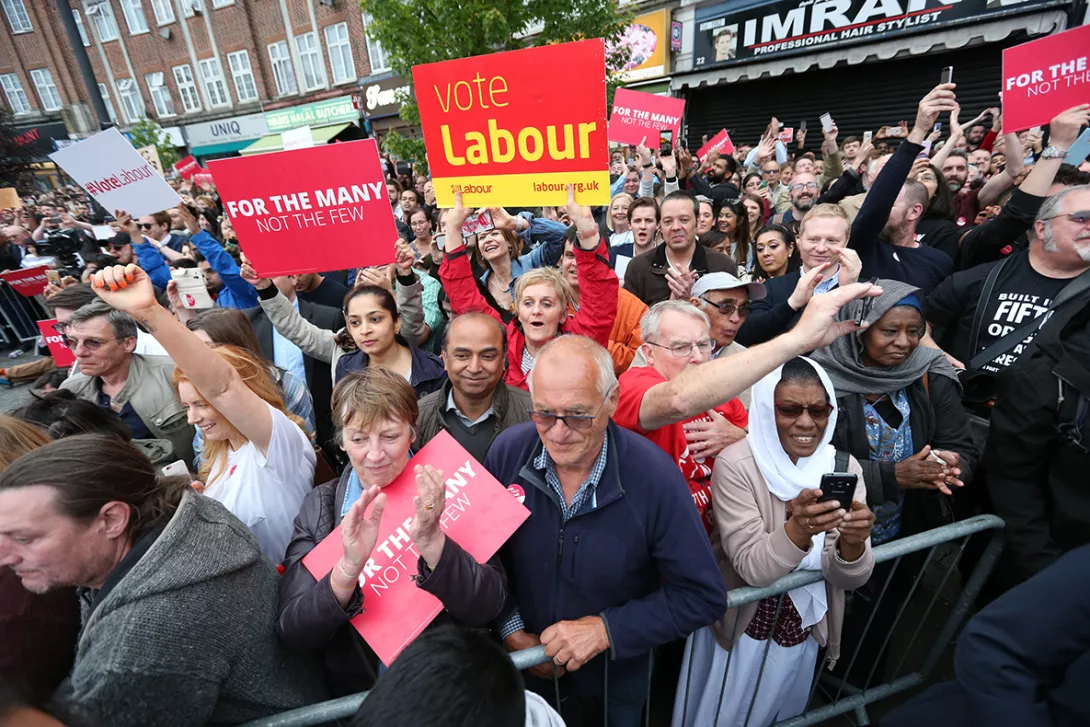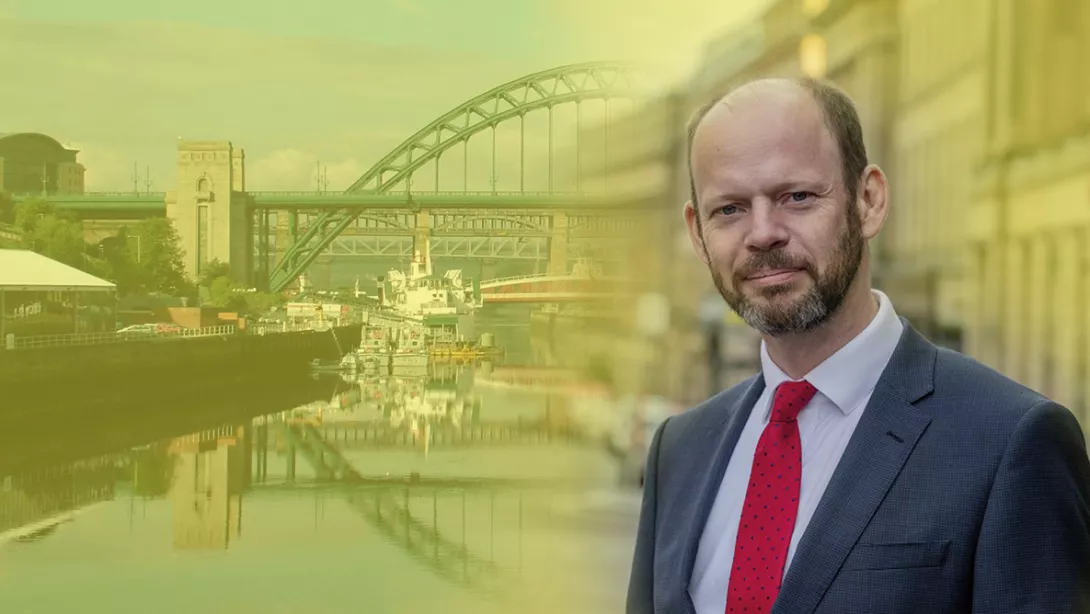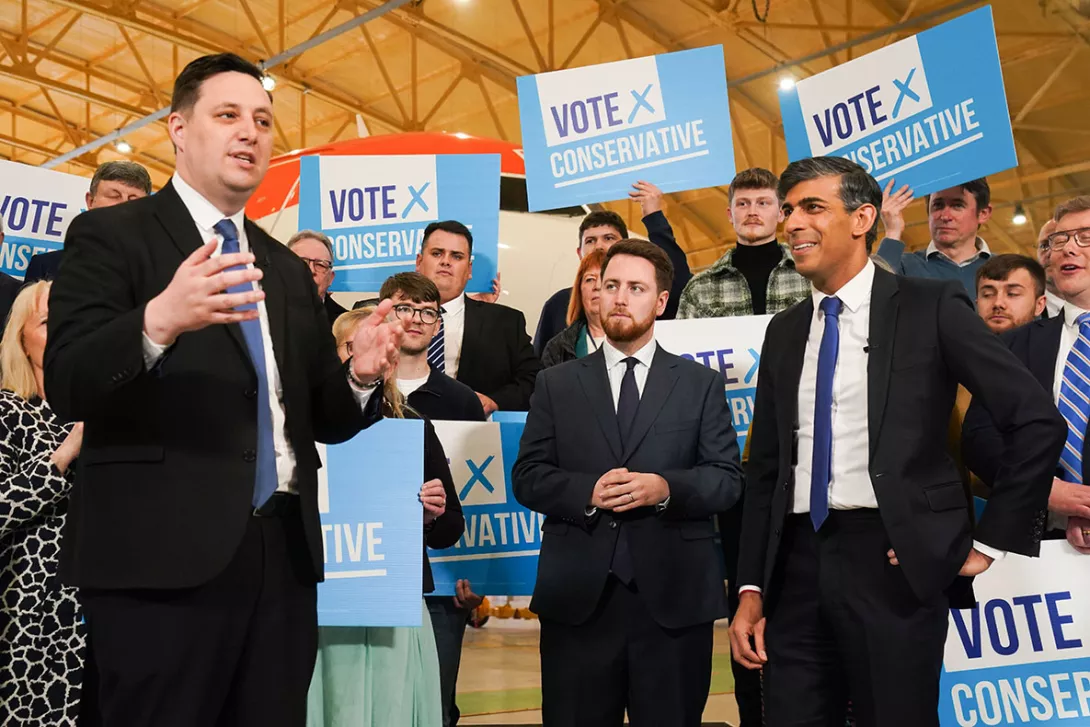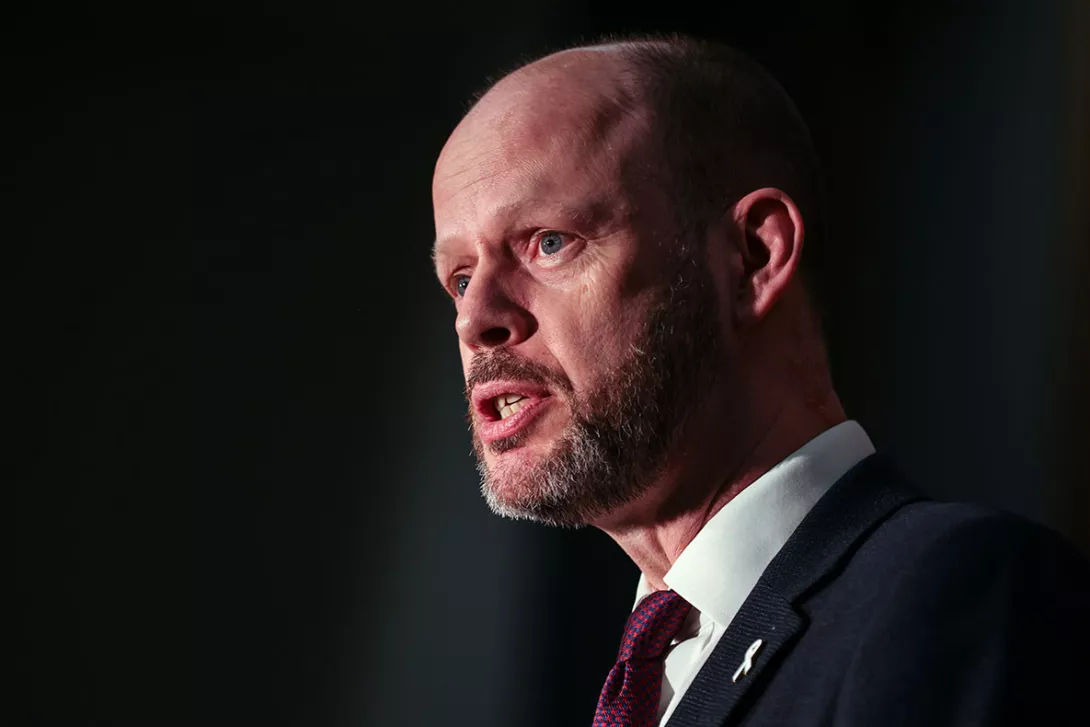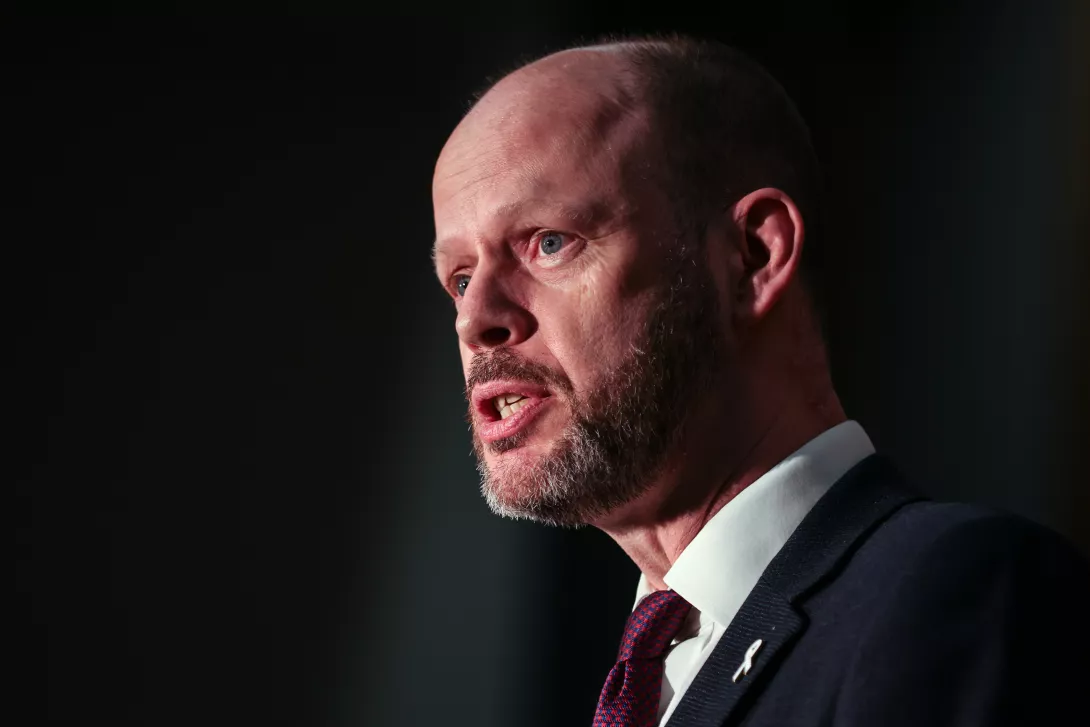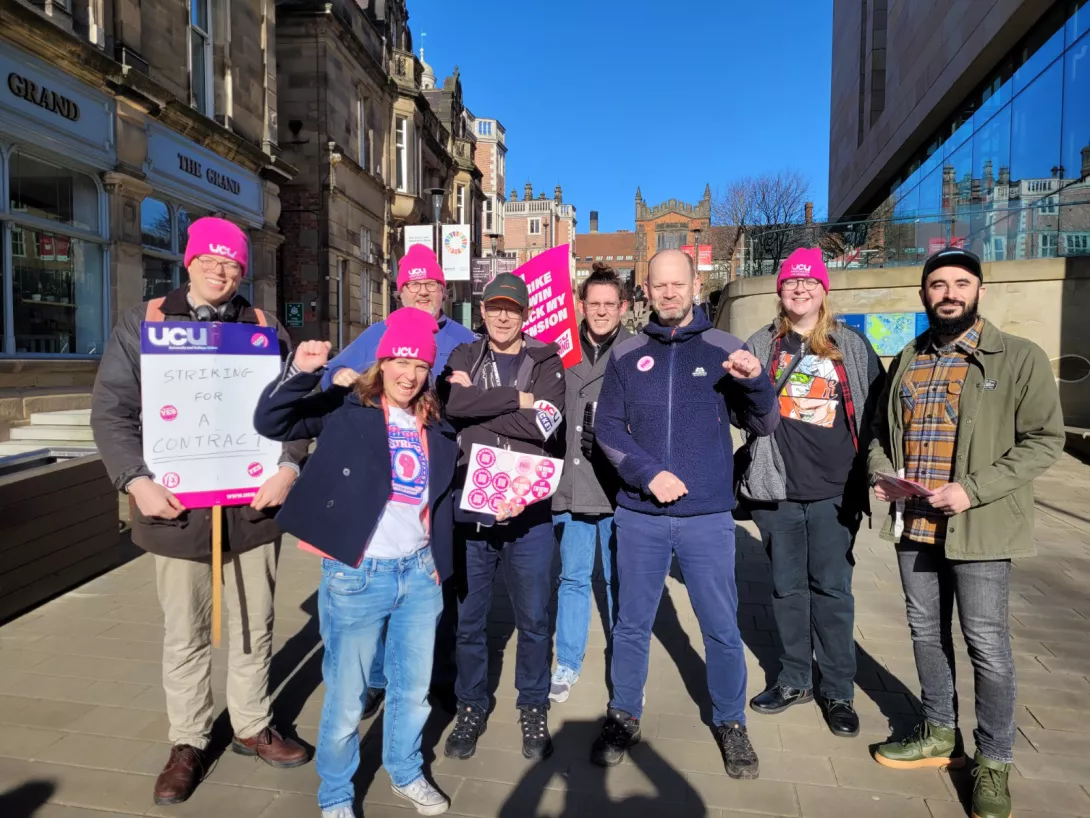
IF Keir Starmer fixes the NHS workforce crisis, I’ll forgive him for taking donations from US private healthcare donors. If he ends destitution, I’ll forgive the lies he told to become Labour leader.
But I’m not holding my breath. Competence and honesty are inextricably linked. If you’re not honest about the results of austerity, you can’t rebuild public services. And if you’re not honest about the difficulties you’ll face, you won’t get anything done.
As someone who has run a branch of government — successfully — I know how important clear principles are. You have to lead a complex organisation, build teams, draw up budgets and plans. Overcome legal and procedural hurdles. Deal with vested interests and parochial concerns.
If you treat everything as a management problem, you get lost in the weeds. Without a bright North Star of principles to steer your course, you’ll just end up perpetuating the status quo.
The Starmer-Reeves project will do nothing but tinker around the edges of austerity. Pinning your hopes of growth on a Truss-style stripping of planning regulations is not a plan. Nor would trickle-down growth fix Britain’s problems anyway.
This raises a question for the left. What is the best route to implement progressive policies? There are still some good people in the Labour Party. Would a slump in the polls lead to the election of a socialist Labour leader?
I can’t see it. Suspending seven MPs for voting to end the two-child benefit cap shows us the direction. Even at the peak of his popularity Jeremy Corbyn did not have control of the party apparatus.
The more Labour falls in the polls, the more machinations and rule changes we’ll see. Millions in big money is flooding into organisations like Labour Together. Compliant MPs get £10,000 donations and funded staff. Even if a socialist overcomes everything and still looks likely to win a selection, the right will press the panic button and block them without explanation. I know.
So is the logical next step to set up a new party? Many have tried. Under first past the post, none have prospered. Ukip-Brexit-Reform needed decades, millions, Russian money, a season ticket on Question Time and a TV station to make progress.
And yet, for the first time ever, five progressive independents were elected at the general election. I polled 126,000 votes in May. Labour was so scared that it pulled resources away from trying to beat Tory Ben Houchen in Tees Valley and redeployed them to stop me, including front-page newspaper ads and ITV commercials.
There is a huge appetite for progressive policies. I co-authored the book Act Now — a new Beveridge report. Our polling shows over 70 per cent popularity for wealth taxes, common ownership of utilities, a green new deal and ending destitution.
The challenge is more than political, though. History is littered with good ideas that never made it off the drawing board.
Electoral politics requires infrastructure. Not just the data systems to run a campaign. It requires press officers. Graphic designers. Agents and fundraisers. Training for candidates and campaigners.
And what happens if you win? An insurgent will only get one chance to do a good job, or they’ll be voted out. Candidates need to know how power works, and what is realistically possible. They also have to be ready to challenge austerity within the law. Where Labour councillors keep quiet for fear of suspension, independents can shout truth to power and keep the trust of their electorate.
Sometimes among the left, there’s a nervousness about innovative organisation, and a retreat to minutes and matters arising. A political party that wants to change the way politics is done is a paradox. We want innovation and freedom, yet need consistency and discipline.
The next few years will see Labour collapse in local government. More austerity will sicken the electorate. Many Labour councillors who hung on against Tory governments will walk when betrayed by Starmer and Reeves. Yes, Reform will pick up votes. But it is a top-down media outfit with no infrastructure, no solutions and no capable people on the ground.
The key is energy. Activists are motivated when they see a clear plan. When they feel supported. When they feel someone has got their back. Nothing brings people together better than a shared journey.
With the right skills and support, we can bring communities into politics. Let’s develop manifestos for how our councils should be run. We’re getting started in the north-east and will be launching our campaigns later this month. We’re working with others around the country to build a movement.
Together we will break the Westminster consensus by putting people power in town halls up and down Britain.
Jamie Driscoll is the former independent North of Tyne mayor. He and others are speaking at the TUC Congress fringe meeting, “Independent surge — where next for the left?” at the Old Ship Hotel in Brighton, 5.45pm, Monday September 9.
